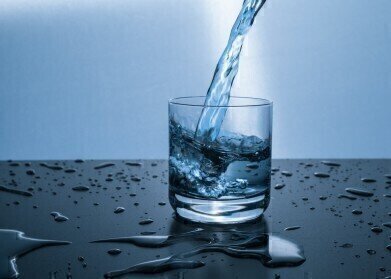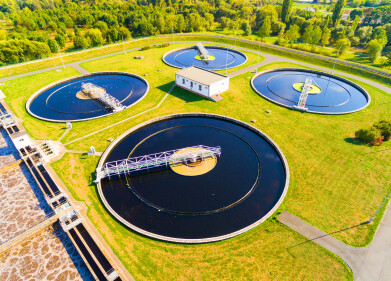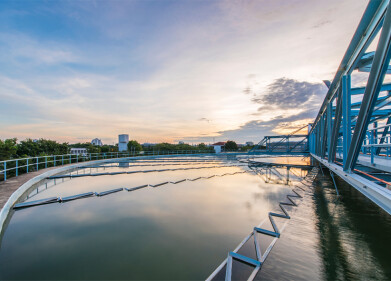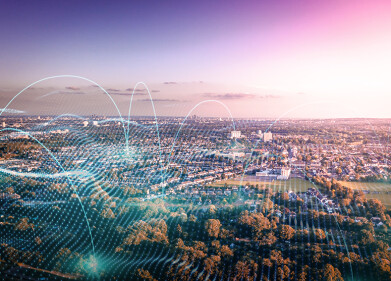Water/Wastewater
How to Turn Wastewater into Drinking Water
Oct 24 2014
Fresh water supplies have become an increasingly scarce resource in many countries across the globe. A number of water-stressed cities now import their water, which is often pumped over long distances from its source to where it is most needed at high cost.
In June this year, National Geographic reported that Los Angeles alone imports 8.9 billion litres of water each day to satisfy the demand of its people, ranking first in the world in cross-basin water transfers. Along with Los Angeles, Boston, Mumbai, Karachi and Hong Kong make up the top five list of largest cities that import the most water from sources outside of their own.
With alarmingly high rates of water transfer occurring worldwide (often causing some degree of ecological harm), many countries are now seeking alternatives to producing drinking water closer to the point of consumption.
It is estimated that half of the fresh water consumed by cities is wasted, treated at sewage facilities and released back into the environment. One option being explored is to reclaim that wasted water - a technique known as potable water reuse.
What is potable water reuse?
Indirect potable reuse (IPR) is a popular process used to reclaim fresh water that is wasted and directed to sewerage treatment facilities. There are currently two types of IPR: planned and unplanned.
- Unplanned IPR releases effluent from a treatment facility back into the natural environment such as a lake or river, where it can then be used by cities downstream as a drinking water source.
- Planned IPR ensures that the effluent is treated to a very high degree before being released from sewage facilities into an established groundwater system or lake used as a drinking water source.
IPR has been the preferred water strategy method for a number of decades, but an alternative approach known as direct potable reuse (DPR) is steadily gaining interest, especially in the US, Australia and South Africa.
What is Direct Potable Reuse (DPR)?
Direct potable reuse is the process of further treating wastewater that has already been treated at a sewage facility. The purified water is then suitable for drinking and is re-deposited into a drinking water distribution system directly, usually much closer to where the water is most needed. Differing from IPR, this process does not release the purified water back into an environmental system such as a lake or river.
DPR was first used in Windhoek, Namibia in 1968, and until very recently, it existed as the only DPR system in the world. Over the last decade, three additional DPR systems are now in use across Texas and New Mexico, with large Californian cities such as Los Angeles, Sacramento, and San Diego also considering DPR as means to meet their substantial drinking water needs.
The DPR system in Wichita Falls, Texas, started using a purification that complies with US government drinking standards on July 9th 2014. Once the wastewater undergoes treatment at the plant, it is then transported via a 12-mile pipeline to the Cypress Water Treatment Plant for the final stages of purification. This project has been approved by the Texas Commission on Environmental Quality for a period of six months. You can read all about this update at: Texas recycles wastewater into drinking water to combat drought.
The key advantage of DPR
The key advantage of DPR is that the drinking water is normally available closer to the location where it will be used. This reduces the need to pump water over vast distances, which is energy and cost intensive, especially when the water must be pumped uphill. While other approaches such as seawater desalination are also attractive options for securing a clean and reliable source of fresh water, DPR is a more energy efficient approach and is not limited by geographical location.
Digital Edition
IET 34.2 March 2024
April 2024
Gas Detection - Biogas batch fermentation system for laboratory use with automatic gas analysis in real time Water/Wastewater - Upcycling sensors for sustainable nature management - Prist...
View all digital editions
Events
Apr 22 2024 Hannover, Germany
Apr 22 2024 Marrakech, Morroco
Apr 23 2024 Kuala Lumpur, Malaysia
Apr 23 2024 Kintex, South Korea
Apr 23 2024 Edmonton, AB, Canada


















